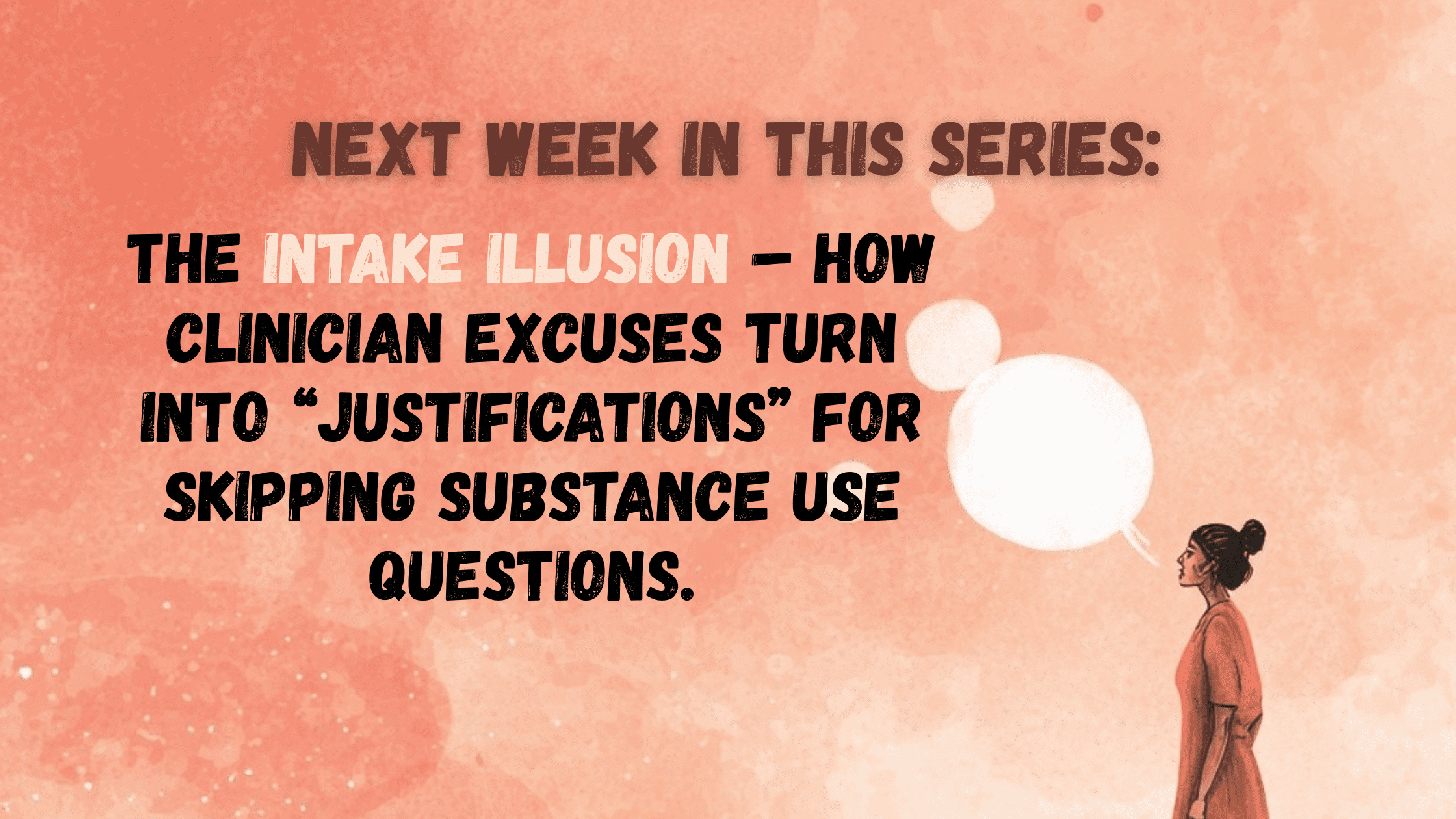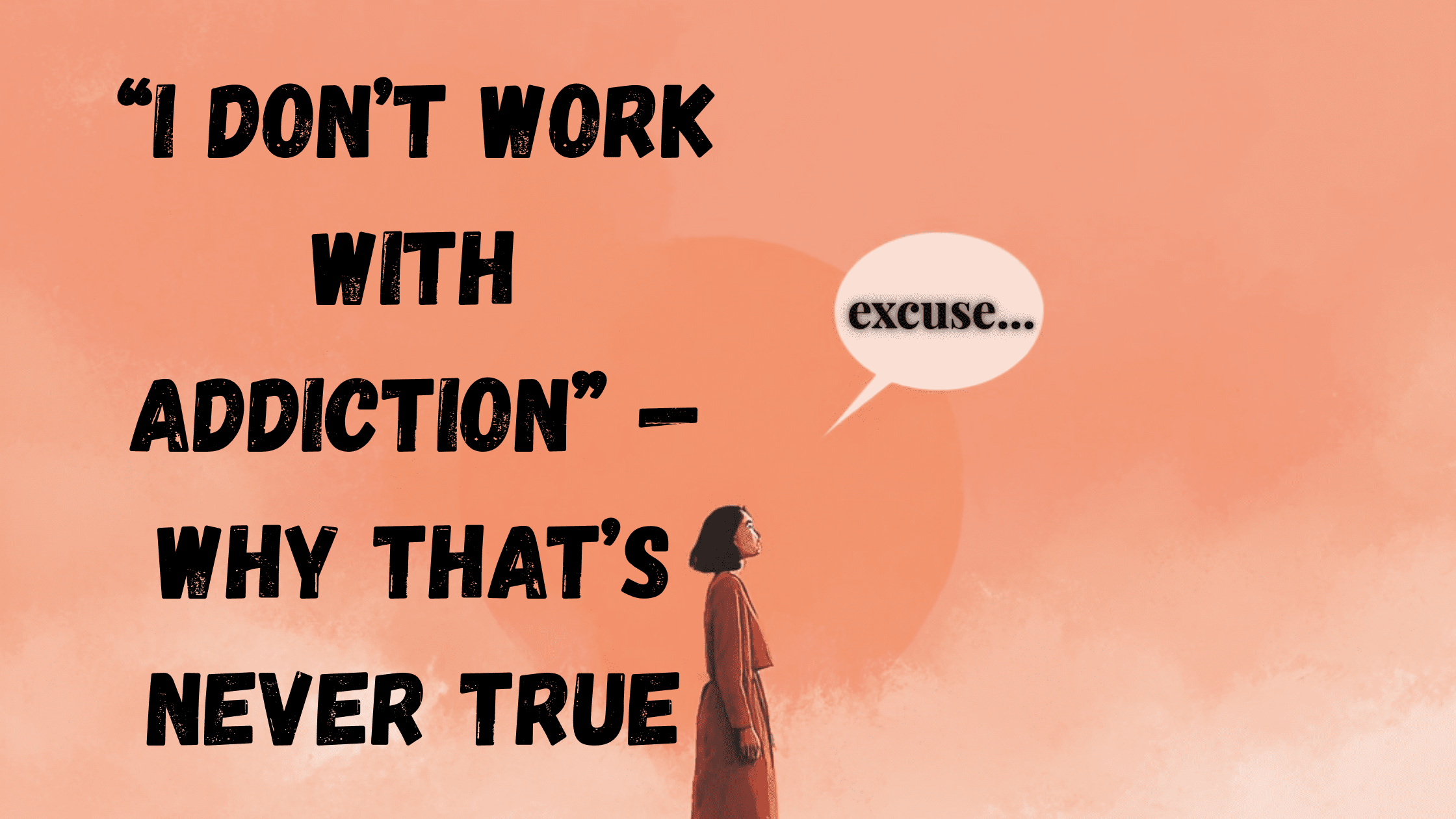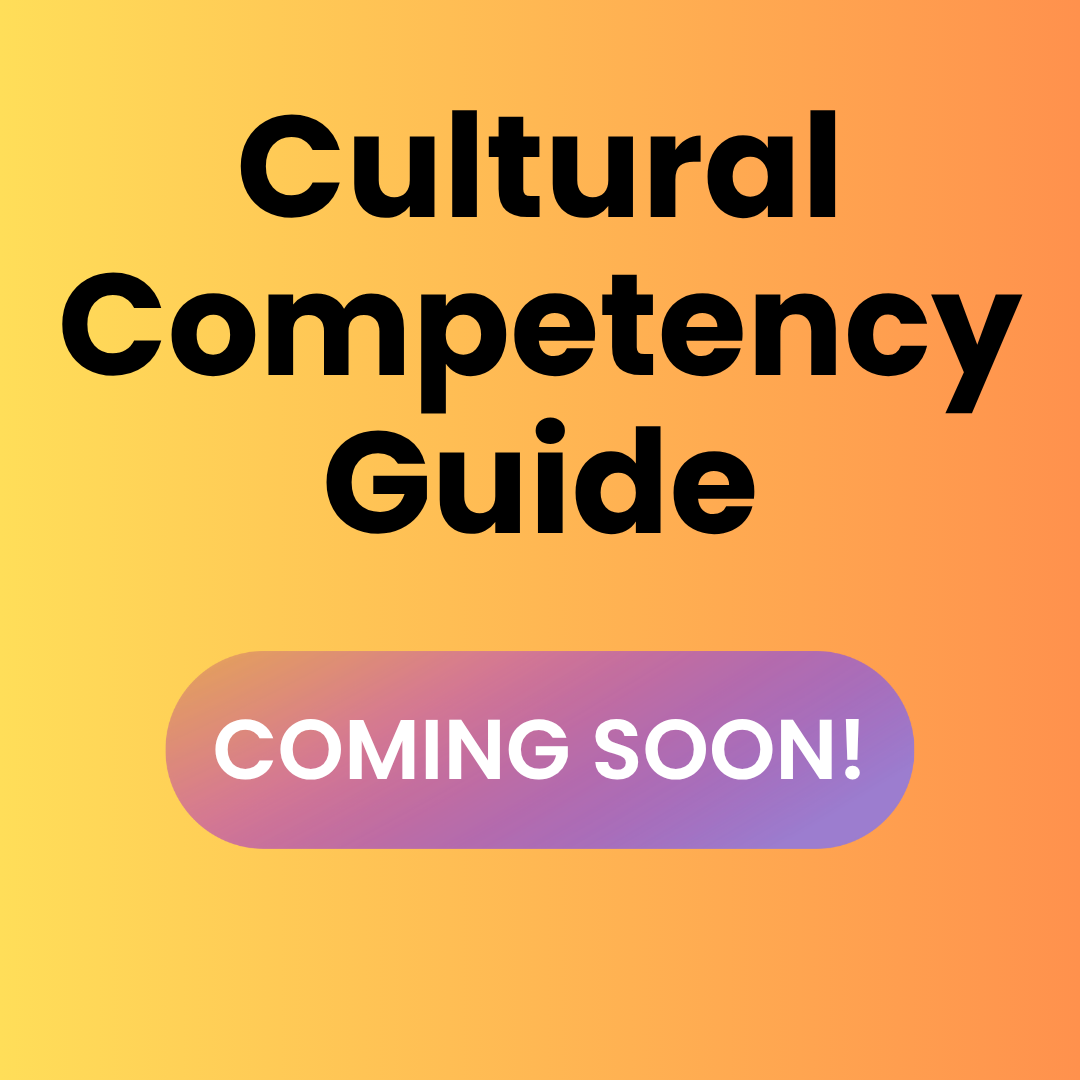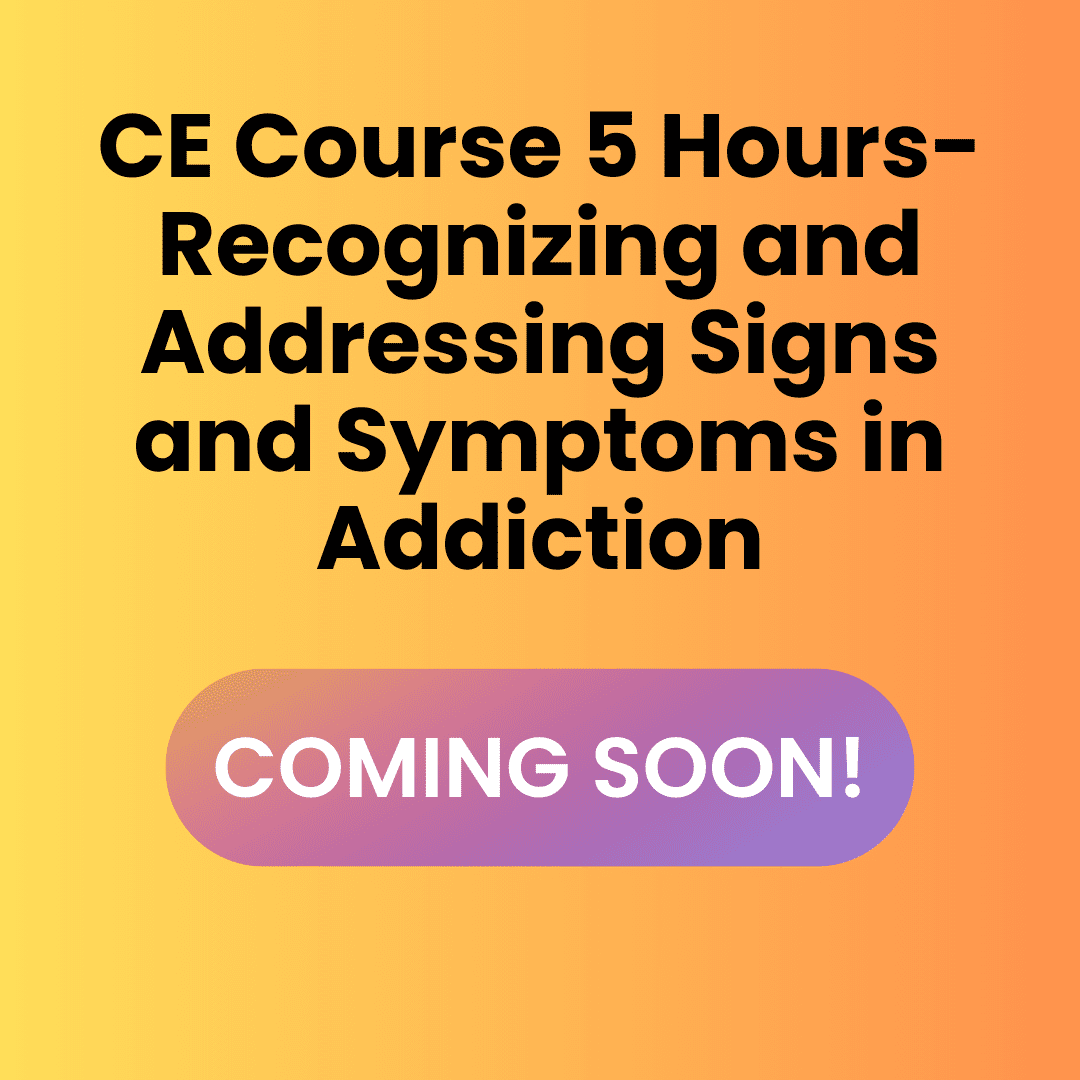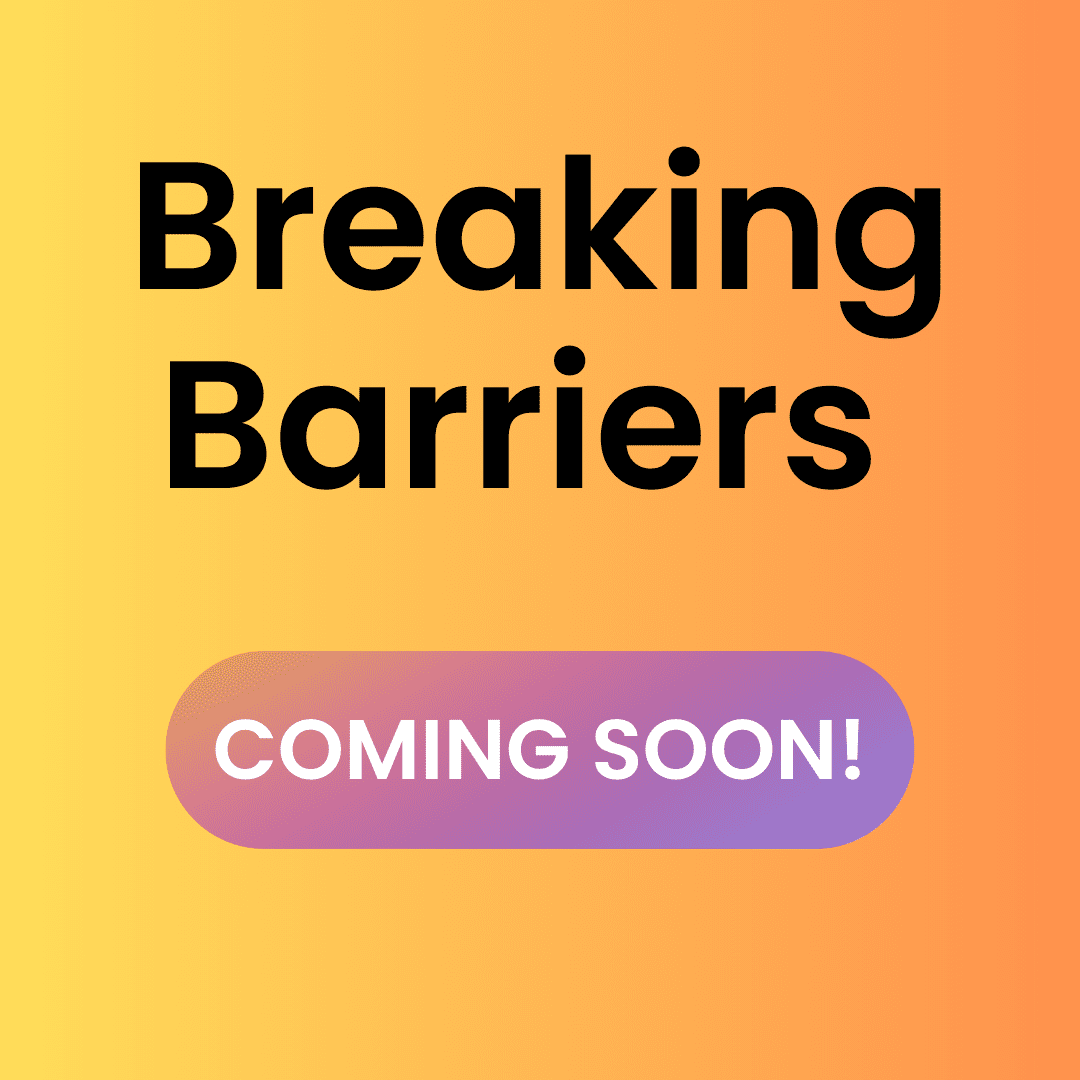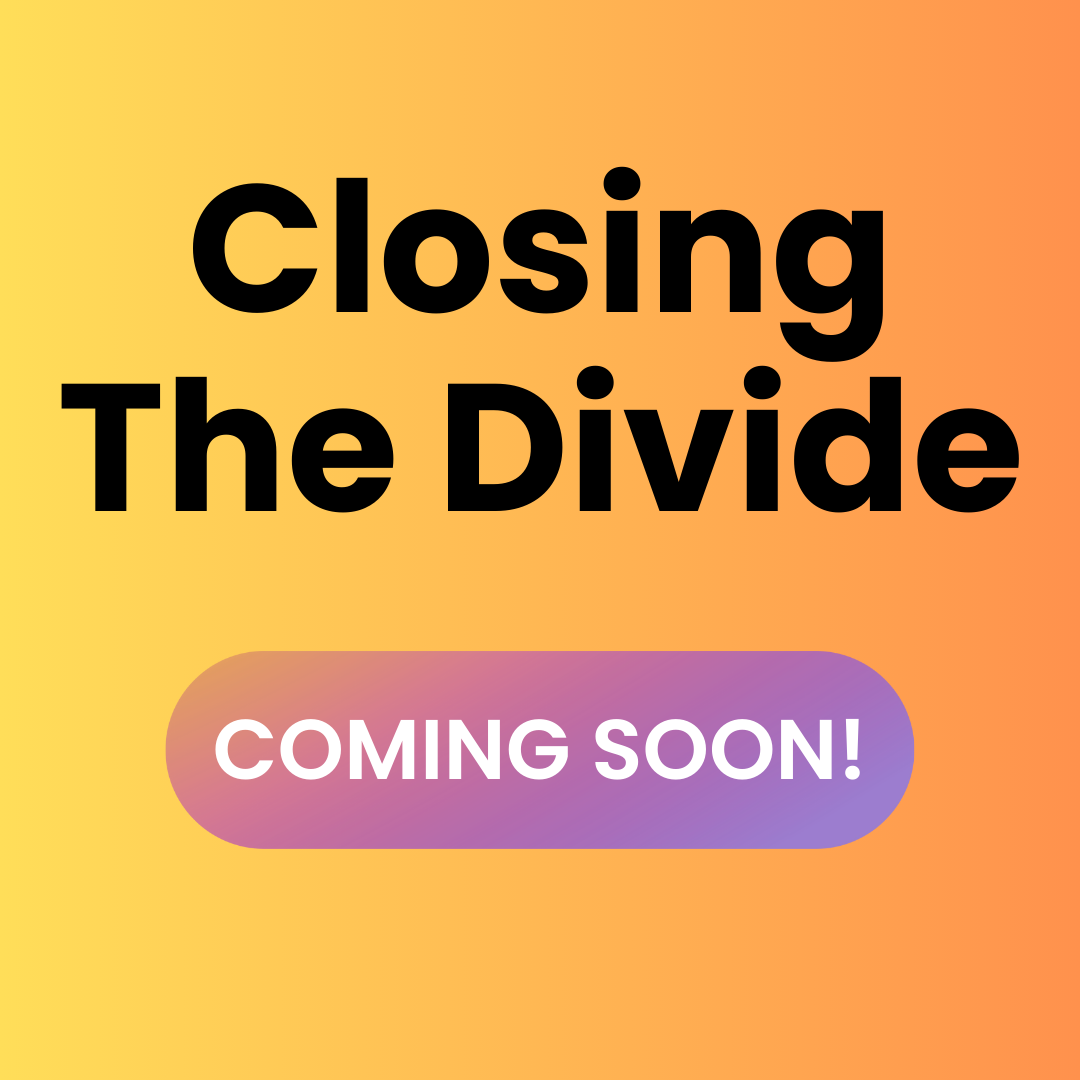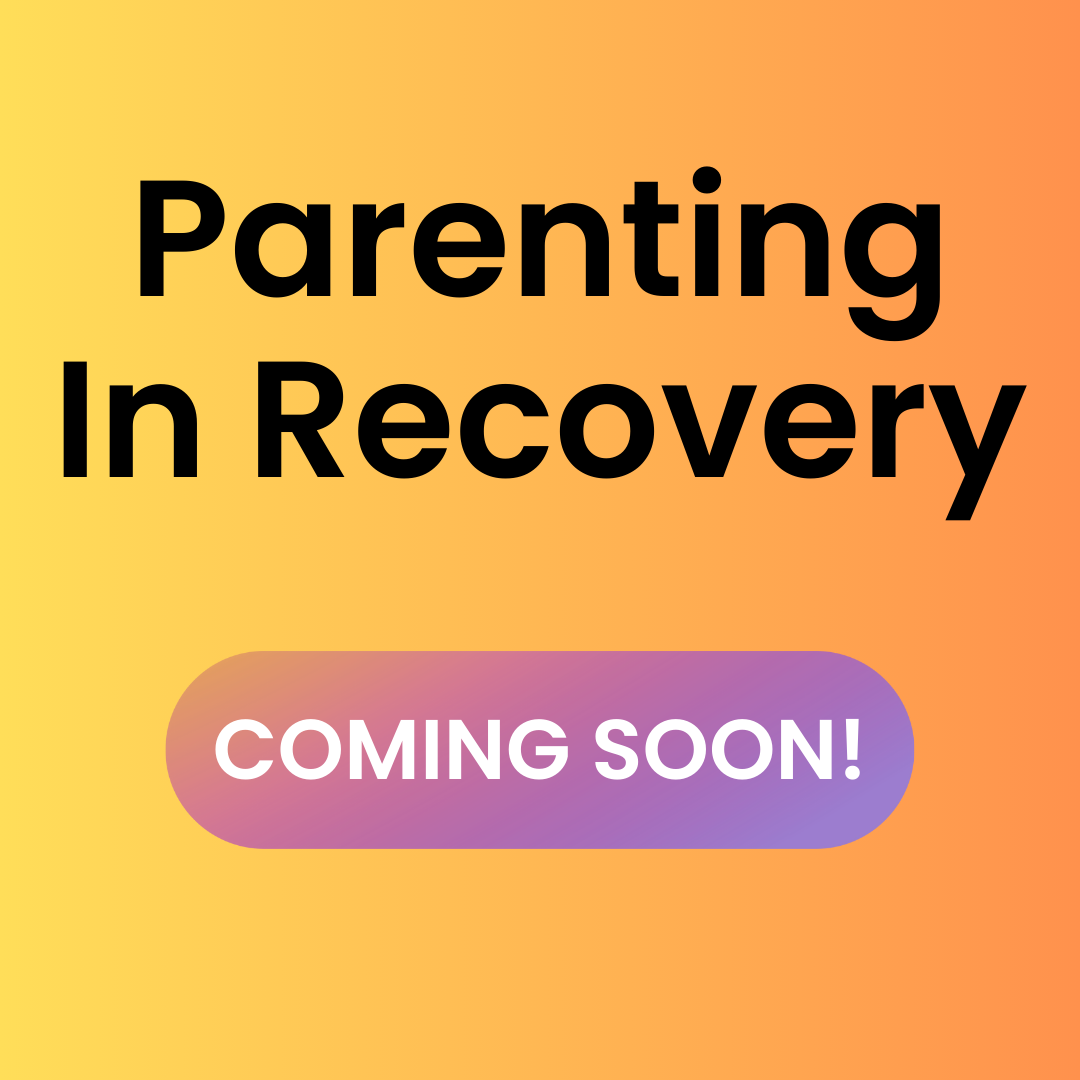“I don’t work with addiction.”
I’ve heard this sentence countless times from clinicians in mental health, social work, and even primary care. Sometimes it’s said with relief. Other times, it’s spoken with frustration or complete certainty.
However, here’s the truth: if you work with people, you already work with addiction.
Why Clinicians Think They Don’t Treat Addiction
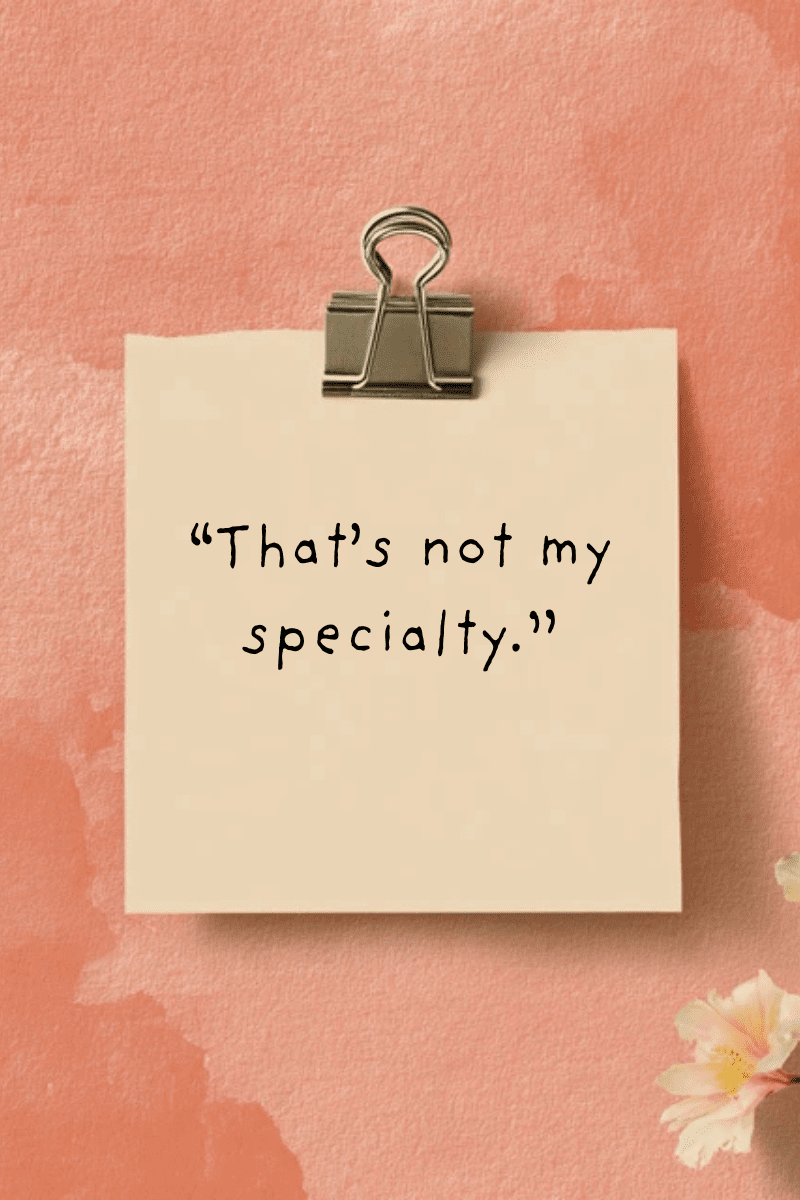
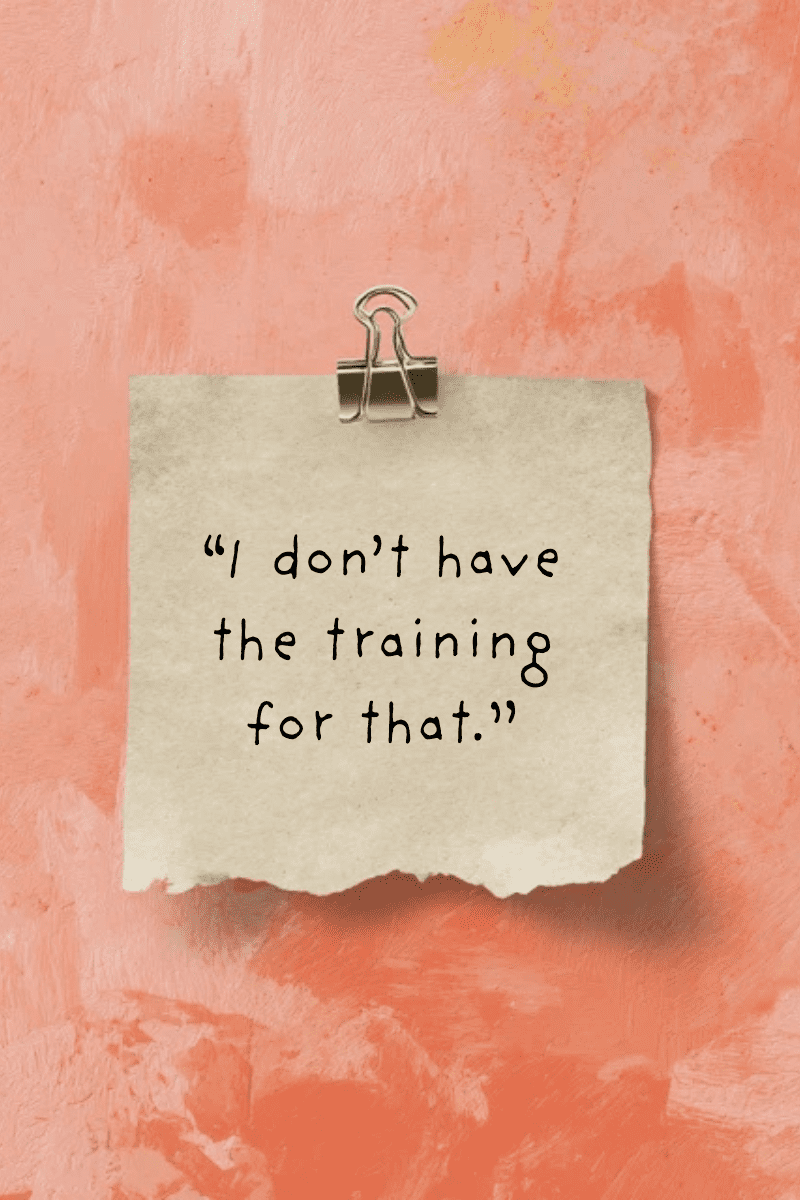
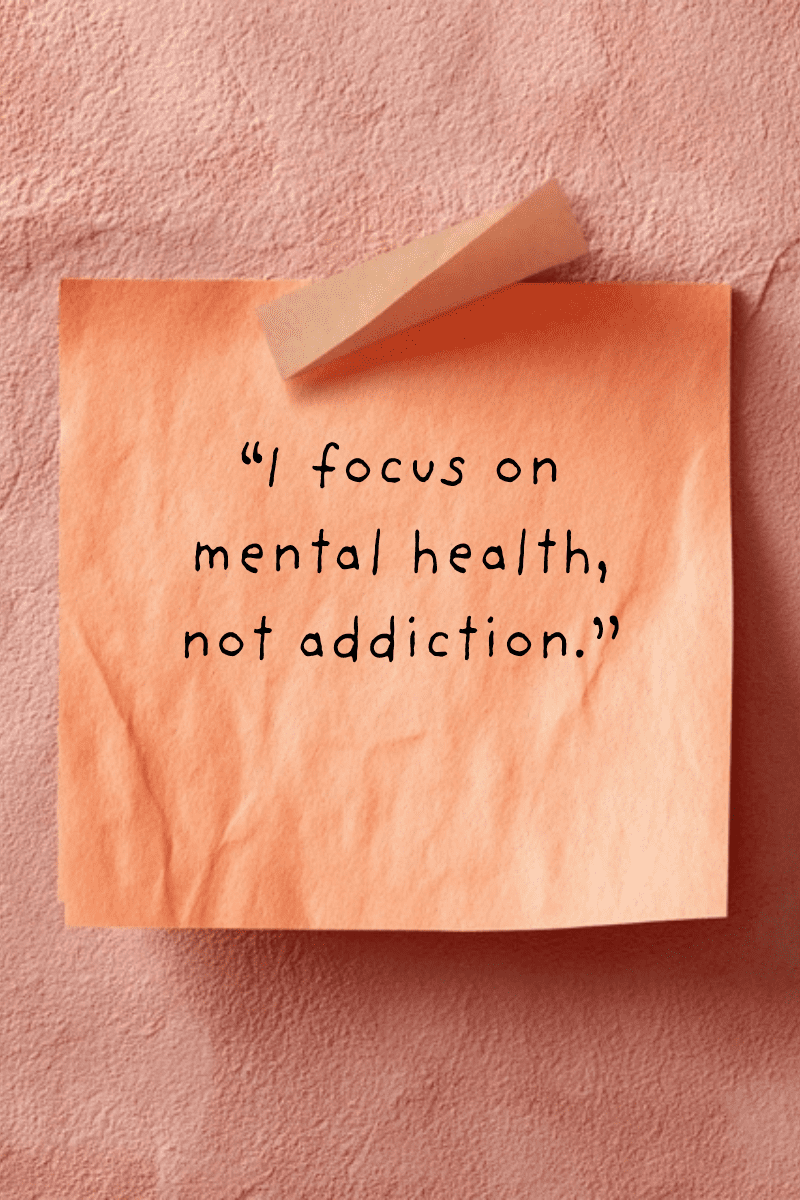
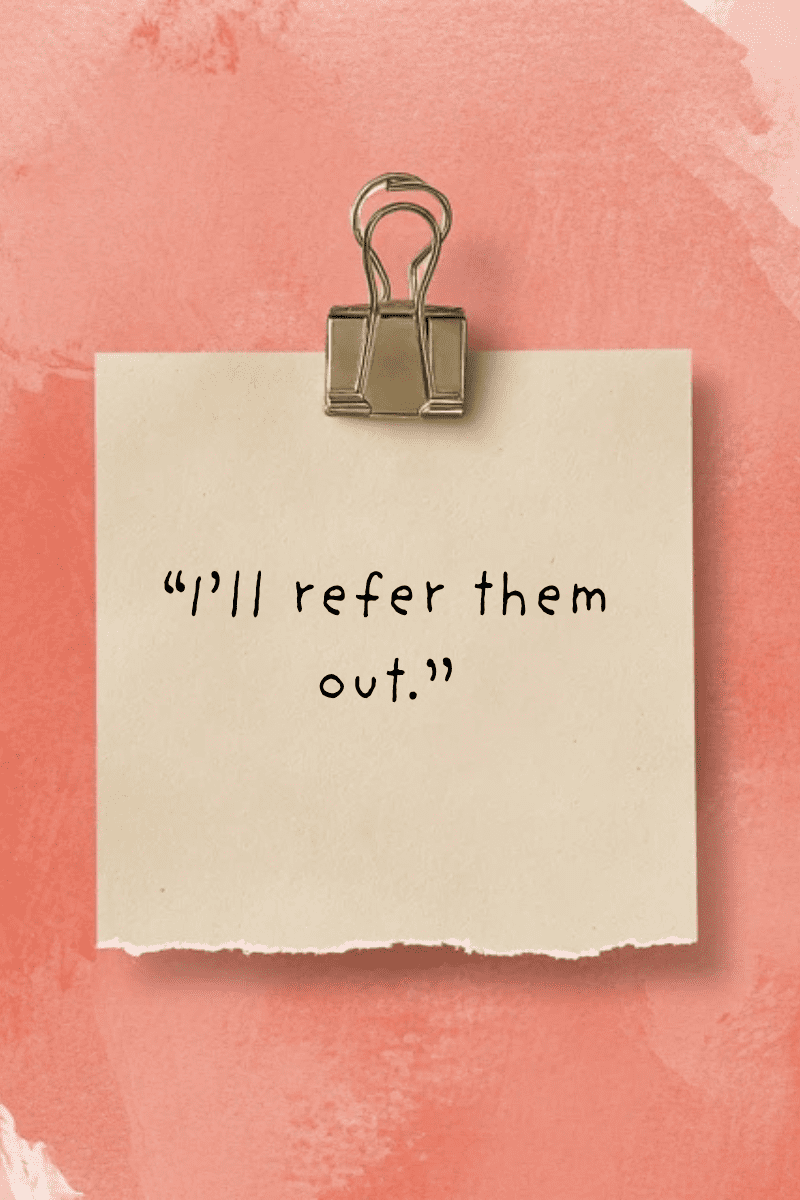
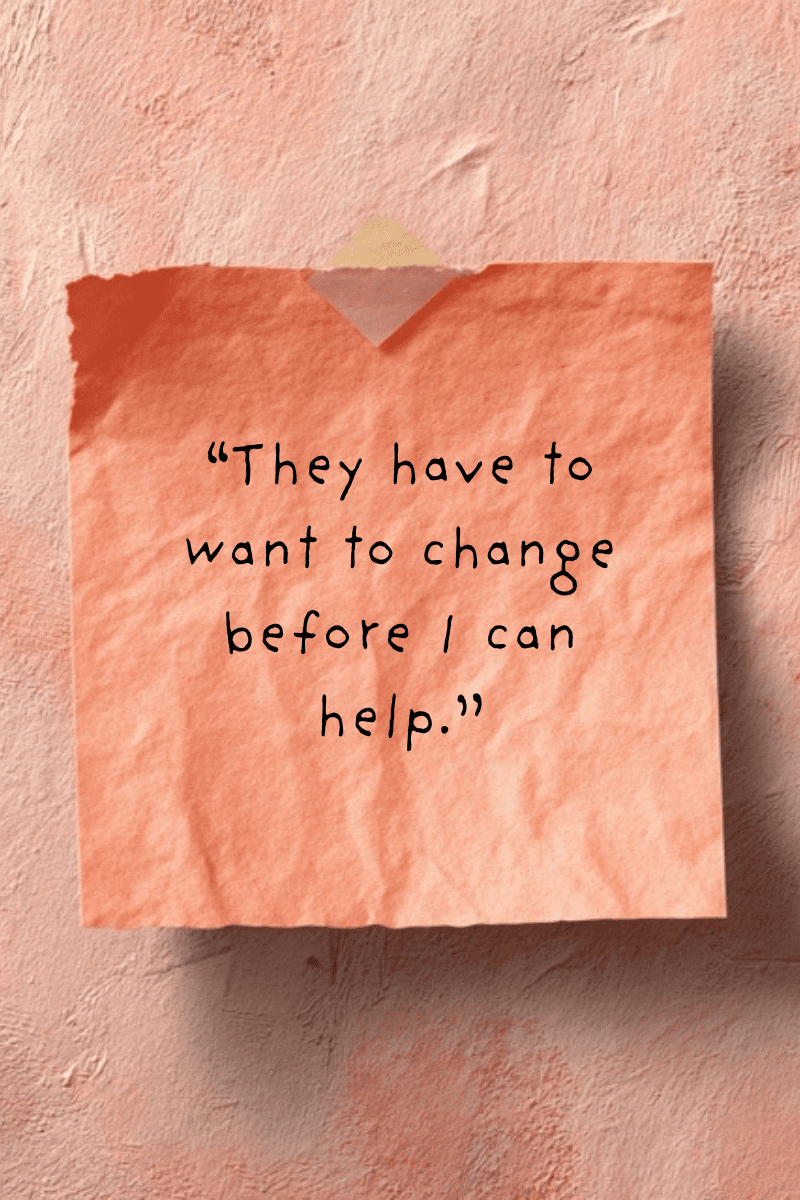
Many skilled and compassionate professionals unintentionally avoid this topic. The reasons vary.
Some say, “It’s not my specialty.”
Others admit, “I wouldn’t even know where to start.”
A few confess, “It’s too hard, too messy.”
In some cases, it’s about professional boundaries. In others, it’s about confidence, training, or burnout. And yes — stigma plays a role as well.
Yet, the belief that addiction belongs in a “different lane” creates a dangerous blind spot.
The Overlap You Might Be Missing
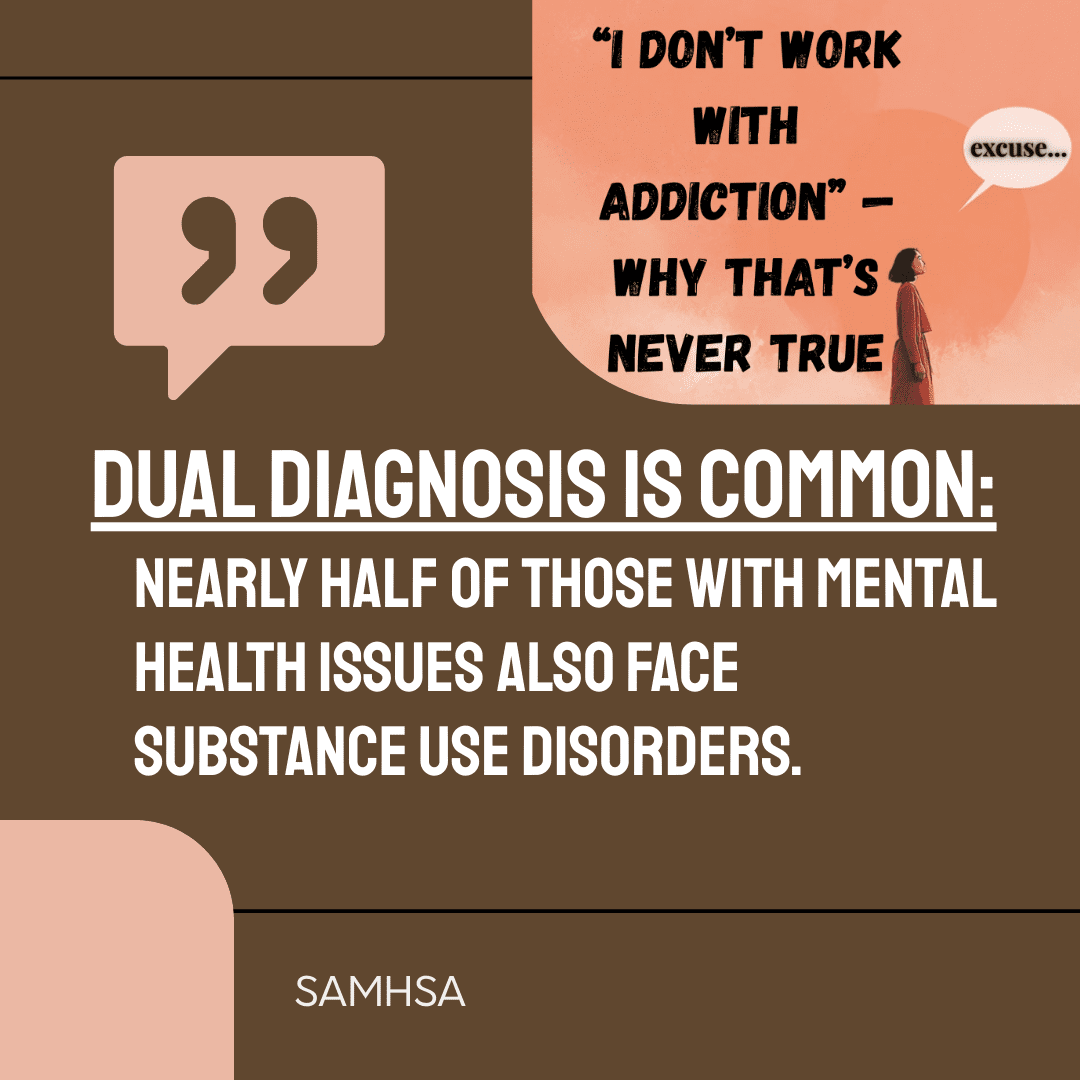
In other words, if your caseload includes anxiety, depression, trauma, or bipolar disorder, you are almost certainly working with clients who also have a relationship with substances.
It doesn’t always appear as severe dependence. For example, it might look like:
- Drinking more often after a stressful life change
- Using marijuana daily to cope with anxiety
- Misusing prescriptions for pain or sleep
- Weekend binge use that affects work or relationships
Because of this, if you don’t ask, you might not see it. Yet the reality is that it’s still there.
Why This Matters
When substance use is ignored, treatment plans can fail for reasons that don’t seem connected at first. For instance, you might notice:
- Missed progress – Clients may stall even when following your interventions, because an unaddressed substance habit keeps pulling them back.
- Strained relationships – Trust can erode when clients sense you are avoiding something they know is important.
- Delayed recovery – Since both conditions feed each other, leaving one untreated often prevents full improvement.
In many cases, these setbacks are not about the client’s motivation or your skills. Instead, they stem from a gap in assessment. By asking, you create opportunities to address both issues together — and that changes the trajectory of care.
If you’ve ever said, “I don’t work with addiction,” it may be worth pausing to reflect. Ask yourself:
- Have I asked every client about their relationship with substances?
- Do I know what would help me feel prepared to explore the topic?
- What skills or tools would increase my confidence?
Ultimately, these are not just addiction questions — they are core client care questions. Addressing them can strengthen every part of your practice.
💬 Join the conversation: Have you ever discovered, halfway through treatment, that addiction was part of the picture? If so, share your experience in the comments or in our peer support group. This helps others learn from real-world cases.
📥 Free resource: You can also download our Conversation Starter Guide for Substance Use Screening. It works in any setting and gives you ready-to-use questions. As a result, you can begin these important conversations with confidence.
